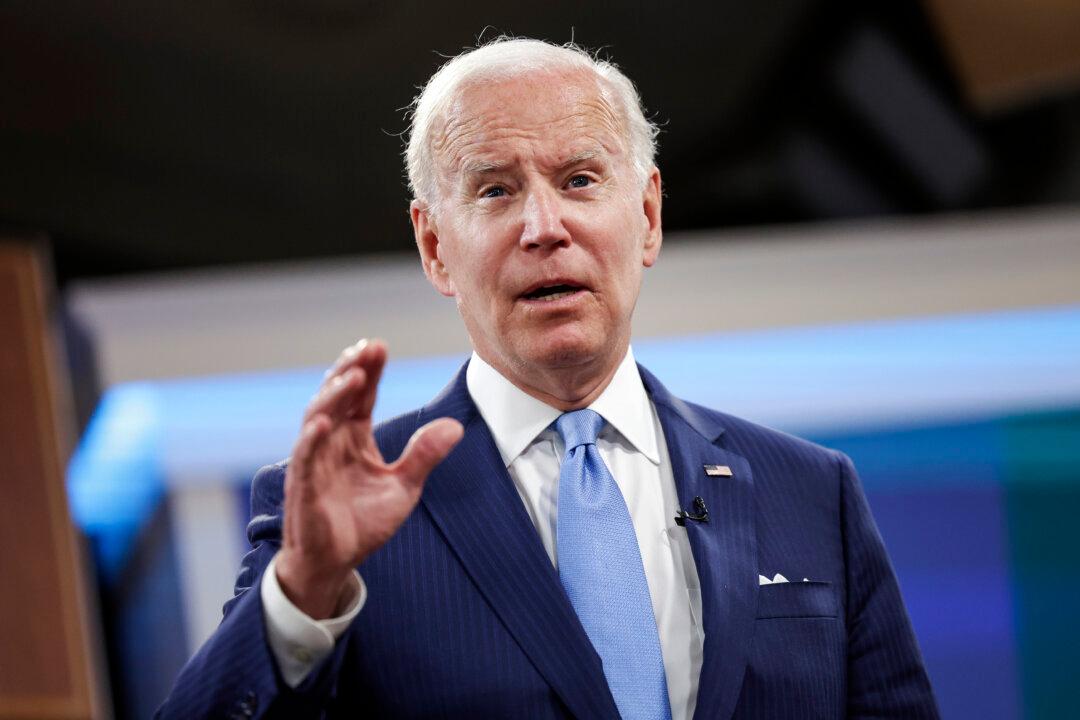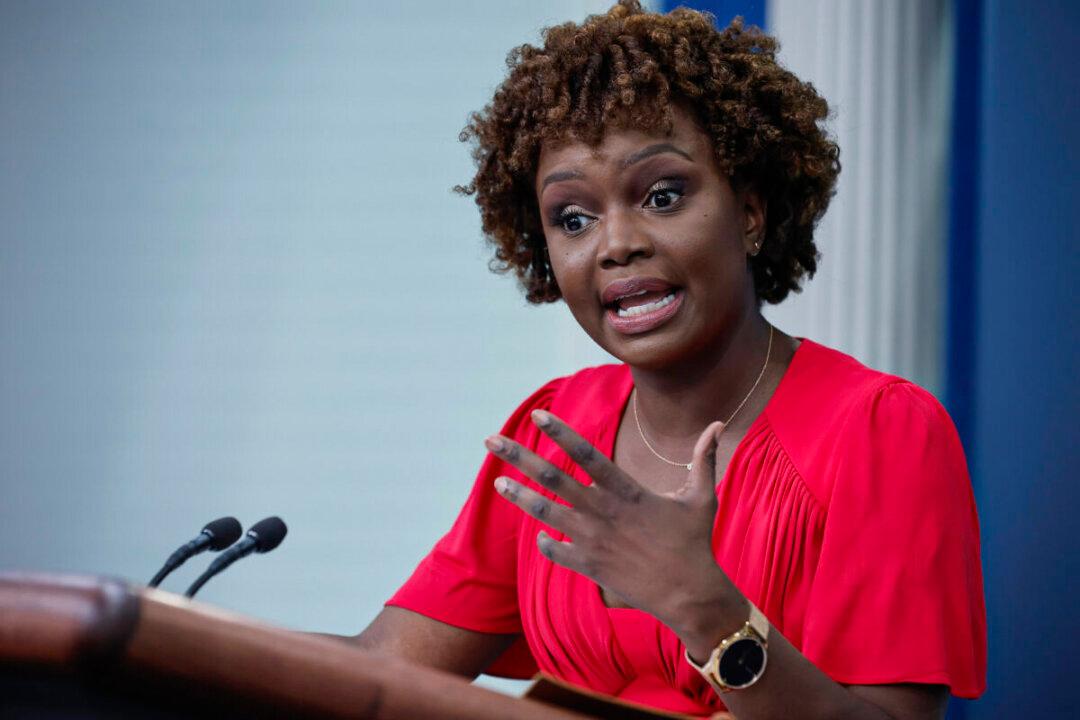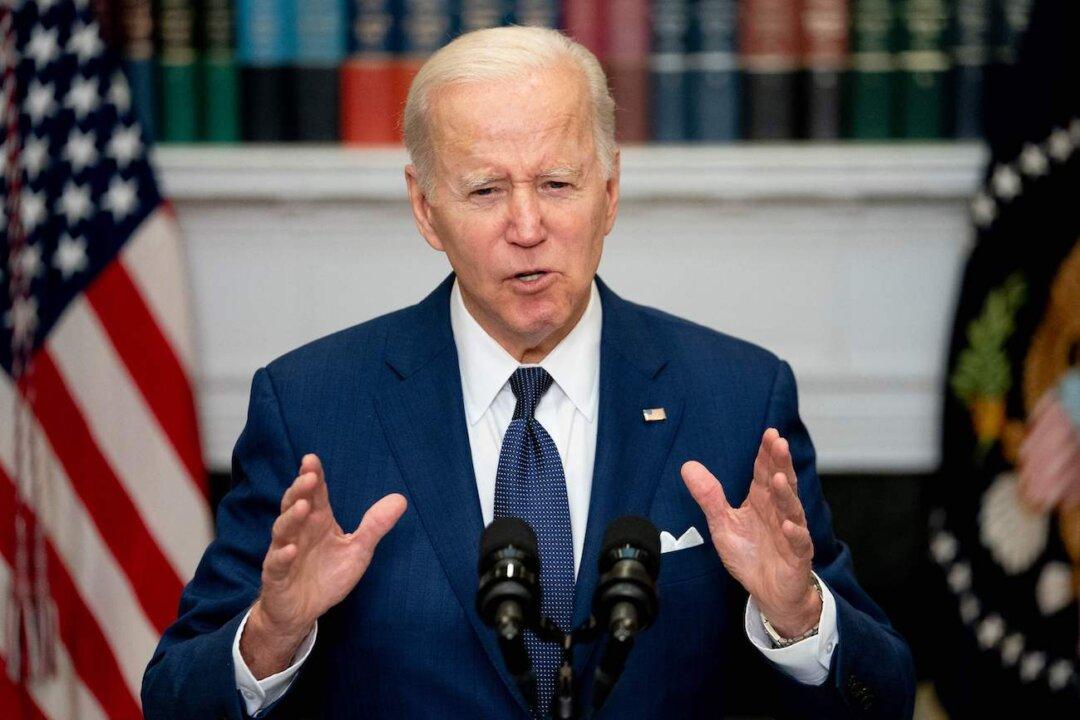At the White House press briefing on Wednesday, press secretary Jen Psaki refused to answer speculative questions about the future of the Supreme Court but did say that President Joe Biden remains committed to his campaign promise to appoint the first ever black woman to the high court in the event of a vacancy.
This after Senate Majority Leader Chuck Schumer (D-N.Y.) issued a statement Jan. 26 saying that Supreme Court Justice Stephen Breyer will retire at the end of the court’s term this summer. Several Democratic congressional members then followed with calls on Biden to nominate a black woman.




